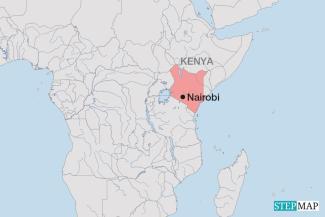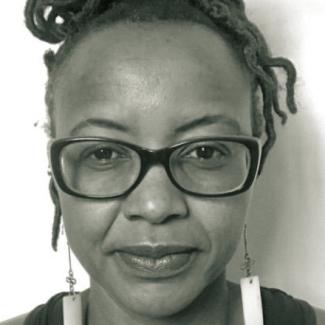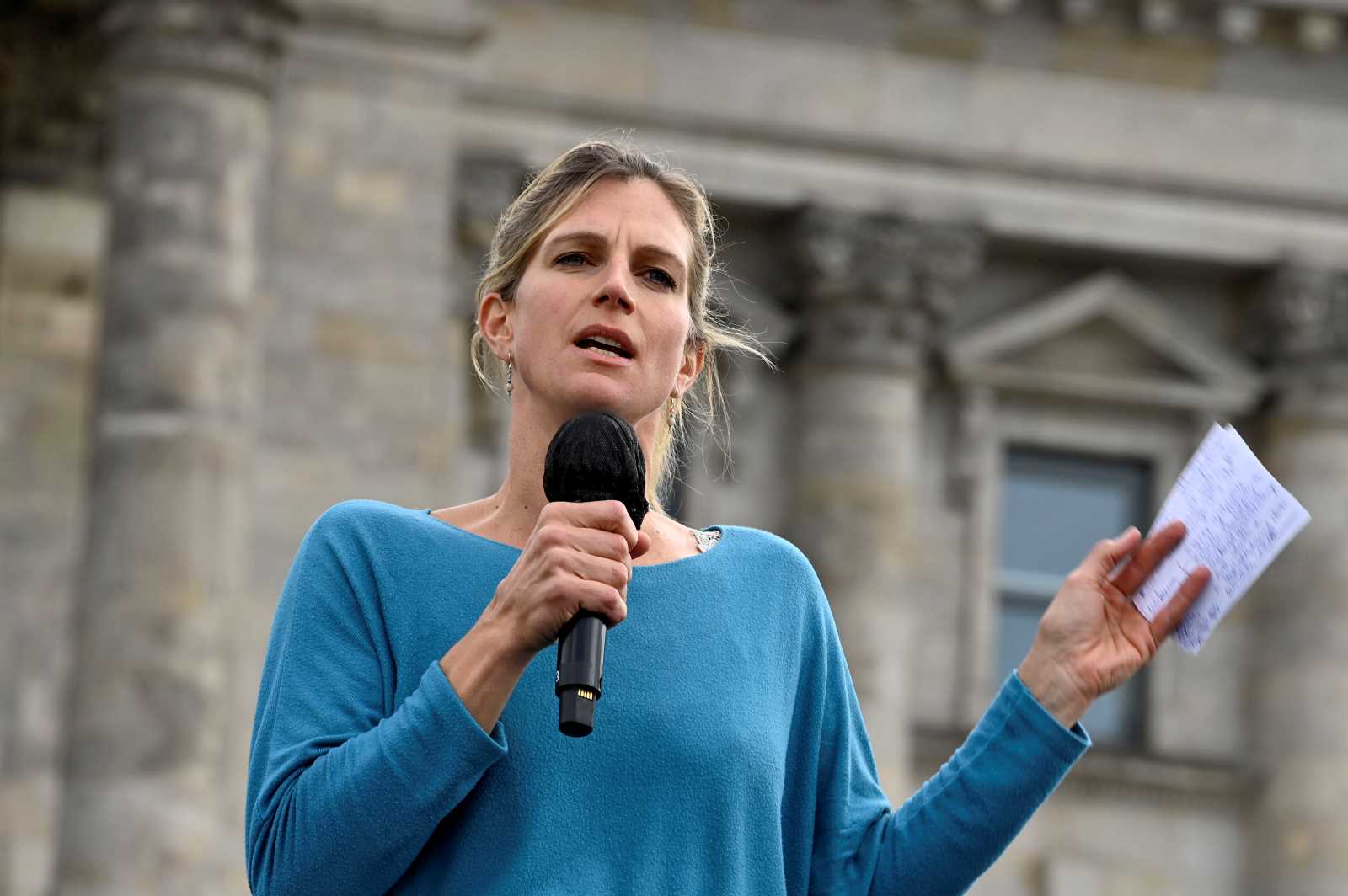Beauty industry
Natural skin products redefine Kenya’s quest for beauty

The last decade has seen a shift in the beauty-products industry in Kenya. In the 1990s, just about when televisions hit many Kenyan living rooms, beautiful women graced advertising slots, and many women envied their beauty. The ads assured women that they too could look that beautiful if they used the advertised beauty products. This form of advertising worked, and women’s dressing tables were inundated with those products.
A shift happened when experts started calling out many of the products for containing dangerous chemicals meant to eliminate melanin in black skin to achieve a lighter tone. Colonialism had successfully sold African women the lie that the lighter their skin, the prettier they were. By the end of the 20th century, these products containing corticosteroids, hydroquinone, mercury and other agents harmful to the skin, were a dime a dozen, and the results of their toxic nature were visible on women who used them.
According to a 2023 World Health Organization report, the use of skin-bleaching products varies significantly across the continent, ranging from 25% in Mali to 77% in Nigeria. Over the years, skin-bleaching scandals have been reported from different corners of the continent.
The tide has changed. Campaigners against these harmful products are using social media to spell out the dangers and offer alternatives. Dark skinned models have become more popular, giving dark skinned women the feeling of being validated. The growing awareness for harmful skin products has started as a campaign against skin lightening and has now become a vital income source.
Entrepreneurs redefining beauty with natural products
Pendo Samson Makomba is the proprietor of PendoTips. Her relationship with natural products was highly influenced by her mother who used herbs to treat Pendo when she developed stomach ulcers at a tender age. “My teenage life came with painful menses, all managed with herbs.”
In 2013, Pendo started selling chia seeds. The product did well, so she opened a shop in the heart of Nairobi. Another one of her products, sea moss, hit the market five years later, gaining similar popularity. Pendo’s products now include activated charcoal, molasses, collagen, milk thistle and many others. “On my social media page, I explain how these products are used and what they are good for, and a lot of my business is from satisfied repeat clients and recommendations,” she says. For quality purposes, Pendo follows her suppliers from the source and avoids mass production.
Ann Chiuri, popularly known by her brand names Ann Exotiq or Exotiq Lyd Organics, is a farmer and interior designer. She runs “Tonga farm”, where she rears sheep and goats. She processes skincare products from these goats’ milk and plant botanicals.
“About three years ago when my mom was fighting cancer, a friend recommended that we stop using cow milk and replace it with goat milk. This was music to my mom’s ears because she loved milky tea,” she says. That was how Ann discovered the healing properties of goat milk and delved further into research. Three years on, she has developed soaps and body creams designed to clear acne and eczema, among others.
As goat milk-based skin products are a relatively new concept, Ann spends a lot of time raising awareness on the many benefits of goat milk. She has opened a physical shop at the Greenhouse Mall, a high-end shopping centre on Nairobi's Ngong Road.
“It can only get better from this point as people are appreciating skin care products that do not contain steroids that damage the skin,” she says.
Ciku Kimani-Mwaniki is a Kenyan author based in Nairobi.
thevillager254@gmail.com













